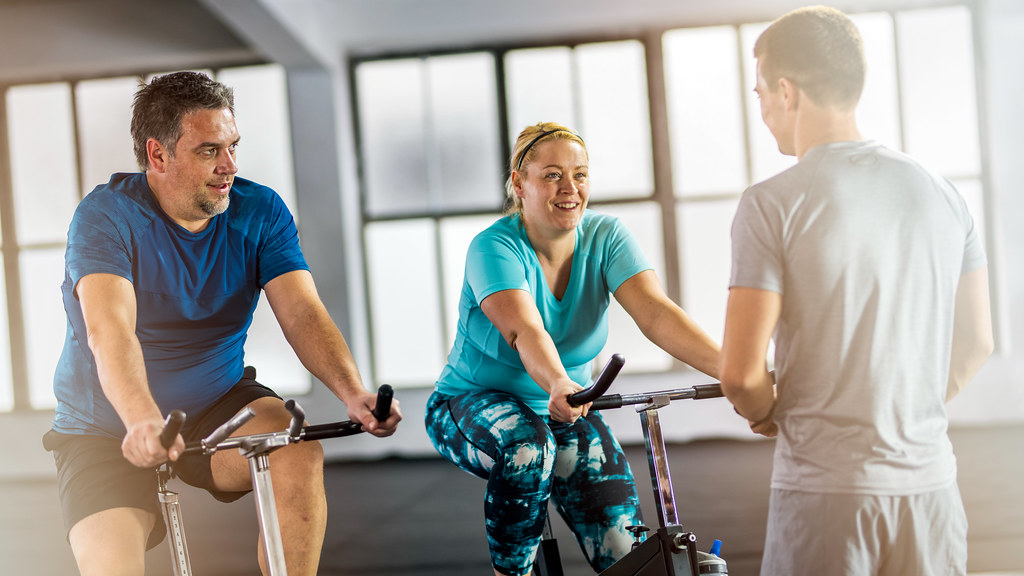Local participants are invited to take part in a health study at the University of Bath examining how and whether exercise helps to release hidden stores of vitamin D trapped in our fat cells.
The project, led by the University’s Centre for Nutrition, Exercise & Metabolism (CNEM), is a three-month randomised control trial which will test the effects of different forms of exercise, and no exercise at all, on people’s vitamin D status and metabolism.
Up to half of the UK population is known to have low levels of vitamin D. According to the NHS, a lack of vitamin D can lead to bone deformities such as rickets in children and bone pain caused by a condition called osteomalacia in adults. There is also growing evidence that vitamin D could be as important for mental health as it is for physical health, with a correlation between low vitamin D and depression.
Typically, from March to the end of September, when the days are longest, most people in the UK are able to make all the vitamin D they need from sunlight. Vitamin D can also be obtained in supplements, and is found in foods such as oily fish, red meat, egg yolks and some fortified food. Wherever we get out vitamin D, we store it in our fat cells. However, over the winter it seems we are not all able to free up these vitamin D stores, and that might lead to seasonally low vitamin D levels.
Sophie Davies one of the researchers from the Department for Health involved in the study explains: “Vitamin D deficiency has received a lot of attention recently, so it is an exciting time to be undertaking this research. Current public health strategies typically approach vitamin D deficiency by increasing intake – for example by dietary supplements. However, we also know that being overweight or obese can reduce the impact of these when it comes to vitamin D. This research aims to complement these traditional approaches with exercise techniques to investigate how we might unlock trapped vitamin D hidden in our fat cells.”
Dr Oliver Perkin also from the Department for Health at Bath added: “We now understand that vitamin D is crucial for more than just our bone health, it is also essential for our muscle function, immune system, metabolism, and even our sleep. With vitamin D deficiency increasingly common in the UK over the winter, we hope to demonstrate that through exercise we can tap into our vitamin D stores and prevent seasonally low vitamin D levels.”
The team want adults aged between 25 and 65 with a BMI above 27.5kg/m2, who do not regularly exercise to take part in this study. Participants must be available for a three-month period between October and March.
The project team comprises researchers from the Universities of Bath, Birmingham and Cambridge. It is funded by the Biotechnology & Biological Sciences Research Centre (BBSRC).

